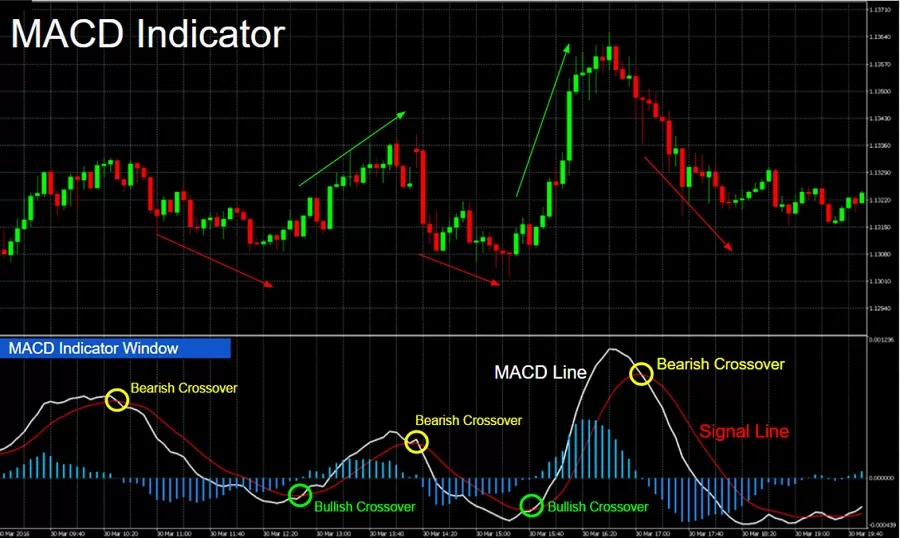Finance
What is Sensex? A Beginner’s Guide to India’s Stock Market Indicator

If you’ve ever followed news about India’s financial markets, you’ve likely heard the term Sensex. For many, it symbolizes the health of the Indian economy and acts as a barometer for overall investor sentiment.
But what is Sensex exactly, and why does it matter to investors?
Here’s a simple breakdown and why understanding it is important when you decide to open a demat account and start your investment journey.
What is Sensex?
The Sensex, short for the Sensitive Index, is the benchmark stock market index of the Bombay Stock Exchange (BSE) in India.
It tracks the performance of 30 of the largest and most financially sound companies listed on the BSE, across key sectors of the economy.
In simpler terms, when people ask what is Sensex, they are referring to a number that represents the collective movement (up or down) of these top 30 companies.
If the Sensex rises, it usually means that most of these companies’ share prices are increasing; signalling positive market sentiment. If it falls, it suggests a broader decline in stock prices.
Why is the Sensex Important?
The Sensex is important because it acts as an economic thermometer.
- Investor Sentiment: It reflects how investors feel about economic prospects.
- Market Benchmark: It serves as a reference point for mutual funds, portfolio managers, and individual investors.
- Economic Indicator: Movements in the Sensex often correlate with macroeconomic trends like GDP growth, inflation, and corporate earnings.
For new investors looking to open a demat account and begin trading or investing, understanding the Sensex can provide valuable insights into market conditions.
How is the Sensex Calculated?
The Sensex is calculated using a free-float market capitalization method. This means it considers only the shares available for public trading, not the total shares held by promoters or insiders.
Each company’s weight in the Sensex is based on its market capitalization – larger companies like Reliance Industries or HDFC Bank have more influence on the index’s movement compared to smaller firms.
How to Start Investing in Sensex Stocks?
If you want to invest in the companies that form the Sensex, the first step is to open a demat account. A demat account holds your shares electronically, making buying and selling seamless.
Here’s how you can get started:
- Choose a SEBI-registered stockbroker offering demat services
- Upload your KYC documents via DigiLocker and provide personal details
- Complete your Bank and Identity Verification
- Use Aadhaar-based OTP e-sign to complete and submit your account opening form
- Receive your demat account login credentials and start investing
Once your demat account is active, you can purchase shares of companies included in the Sensex, or invest through index funds and ETFs that track the Sensex.
Final Thoughts
Understanding what is Sensex is one of the first steps towards becoming a smart investor.
Whether you aim to trade individual stocks or invest passively through index-based products, monitoring the Sensex can offer valuable signals about market direction.
If you are ready to take your first step into the world of equities, make sure to open a demat account with a trusted broker and begin your investment journey with knowledge and caution.



















































